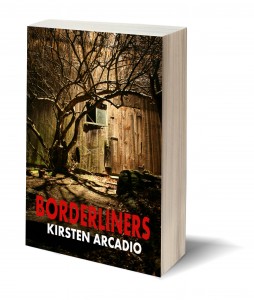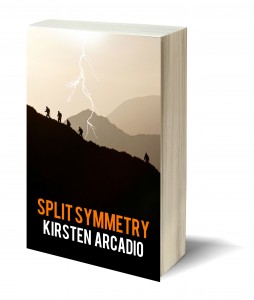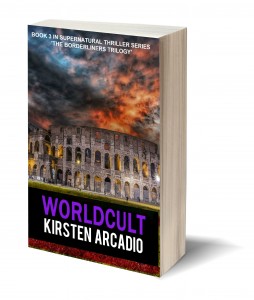I recently came across a useful post on concept revision on the Alliance for Independent Author’s website.
Written by chartered psychologist and writer, Rosalind Minett, it talks about what concept revision is and why you should do it.
She begins by saying:
Concept revision is what I call the process of thinking over recent writing, especially any sense of weakness or inadequacy. This also involves the ‘why am I writing this anyway’ thought, the stage where the story may be worked out or well on its way but the theme hasn’t really become evident.
And this resonates with me. The rest of the article puts forwards useful tips on how to think through this process. The article’s appearance comes at just the right time for me, as the editing of the first draft of my fourth novel, Zeitgeist, has forced me to get back down to the business of thinking about why I write. What’s the point? It’s something I’ve been avoiding for a while, well, for a couple of years or so whilst I usefully distracted myself setting up a business in gelateria coffee bars. Just before that I ran myself into the ground doing a 5 hour commute and tackling a job that was too senior and stressful for me. Probably a lot of this was to avoid thinking about writing.
But I’m back now!
Conversations with my other half
So having got to the end of the first draft of a fourth title, I ended up having the inevitable difficult conversation with my other half about why I write. His advice was unexpected, characteristically harsh but very useful. The conversation went something like this:
Him, ‘As with all things we want to achieve in life, often they go wrong because we fail to set out our objectives. Why do you want to write? What do you want to achieve through it? What’s your motivation?’
Me (after a long pause of several minutes), ‘I’m not sure at the moment. At first I just wanted to prove to myself that I could write a novel. I wasn’t interested in the money, nor in any kind of recognition. I just wanted to get to the end of a novel. But after I’d written my first novel with NaNoWriMo, I realised this wasn’t enough. So I went on a Faber Academy course and wrote my second novel afterwards. At this stage everything was still very experimental. I liked my second novel very much but lots of people said it was too cross-genre to do well – this has been borne out. But I didn’t care about that. I’d wanted to experiment with my writing, particularly with the themes I had in my mind at the time: those of reality, both physical reality in the scientific sense and the philosophical reality of the mind. And I’d wanted to tackle some issues I had with religious cults and the idea of the immense power people can sometimes wield when they tap into this.’
Him, ‘So you achieved that. These books aren’t Fifty Shades of Grey, are they, they’re niche. So if you want to write niche, be happy that you’ve done that and move on, and don’t moan about lack of exposure.’
Me, ‘Okay. But that was the first three books. I learnt a lot through writing and marketing them, but the fourth book is different. I didn’t write it to explore a theme, I wrote it as a pure story, a “coming of age” tale.’
Him, ‘So what? What’s so interesting about your coming of age tale, what’s the big deal?’
Me,’It’s a big deal because the events of the story – a couple of student protaganists who becomes embroiled the East German Stasi just before the fall of the Wall in 1989 – lead to the coming of age, the realisation of adulthood and what’s important therein.’
Him, ‘How?’
Me (exasperated), ‘Because the protags change as the story progresses and this change leads to their ultimate fate.’
Him, ‘So you think this will sell?’
Me, ‘No idea.’
Him, ‘You see, we’re back to objectives again. If you want big sales, then you write about things that sell – sex, violence, crime – otherwise, you are writing for other reasons, and you need to find out what those are. You wrote initially to explore themes, but this time you’re doing something different. However, what you’ve written is still a bit niche. If you’re writing a story for Young Adults, is is exciting enough?’
Me (thinking – maybe, but maybe I need to do some revising to make sure it is.)
What’s the point
So I’m back to concept revision again. For me this is:
- What’s the story?
- Why I am writing it?
- How have I made it interesting – ie what’s the main character arc that keeps people’s interest in the protagonsits
- So what? (What’s the ‘so what?’ factor)
Probably the most important point is the second one, ‘why am I writing it’, because this is the one that unlocks the other four and helps me write something that others might want to read.

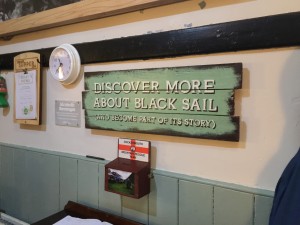
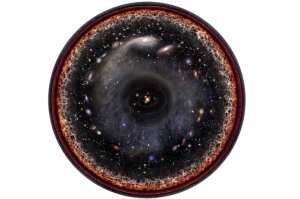 And the idea of the eye in itself is a recurring motif in much of what resonates for me. Take the most recent ‘photograph’ released by NASA of the known universe.
And the idea of the eye in itself is a recurring motif in much of what resonates for me. Take the most recent ‘photograph’ released by NASA of the known universe.
